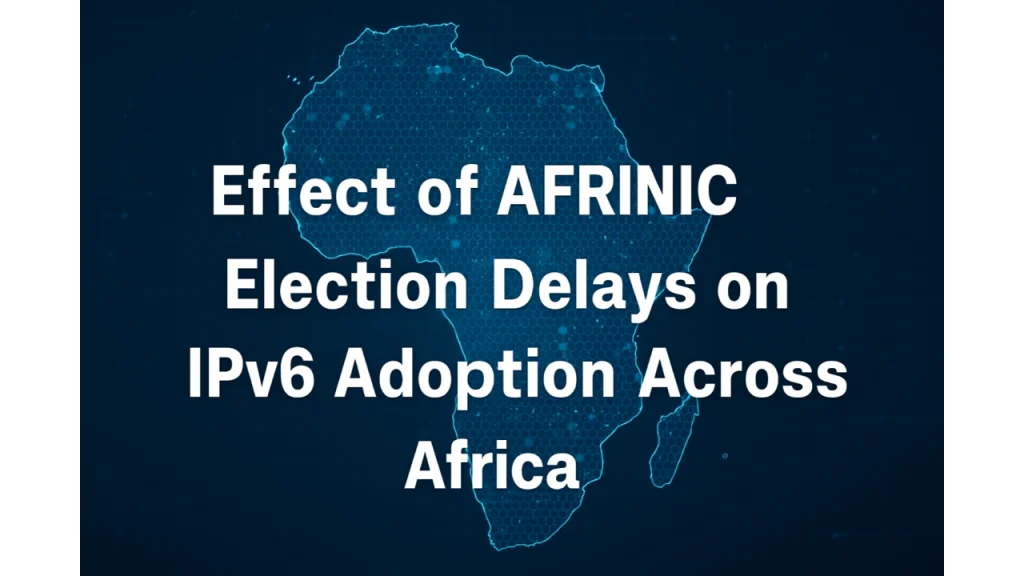- Election paralysis undermines IPv6 rollout in many African networks.
- Delays highlight governance failure and jeopardise connectivity progress.
Governance chaos stalls IPv6 deployment
Years of unstable leadership have pushed AFRINIC to the edge of dysfunction. The cancellation of the June 2025 election and the legal fight that followed froze normal registry operations, leaving vital IPv6 allocation processes delayed or abandoned. Governance meant to protect fairness has instead paralysed decision-making. Africa’s transition to IPv6 is paying the price.
The continent still reports some of the lowest adoption levels globally, with limited progress beyond experimental deployment.According to APNIC Labs, most African nations register IPv6 capable rates under 7 %.
Also read: AFRINIC election results face legitimacy challenge over governance breaches
Also read: Impact on IPv6 adoption & Forwarding Address policy if AFRINIC’s governance remains in Limbo
Delays magnify deployment obstacles
Resource allocation delay
IPv6 prefix requests from ISPs and organisations sit waiting longer than usual, with AFRINIC unable to process them due to election uncertainty. In networks that planned phased transition, these bottlenecks disrupt rollouts midstream.
Confidence crisis
Operators hesitate to invest in IPv6 when registry governance is viewed as unstable. The fear is that changes forced mid-transition will invalidate infrastructure choices, harming business models and delaying services.
What AFRINIC must fix first
To mitigate harm and reclaim legitimacy, the new or interim leadership must prioritise:
- Clearing the backlog of IPv6 prefix allocations immediately, restoring service trust.
- Unfreezing suspended IPv6 policies such as FA to unblock routing functions.
- Publishing transparent timelines for resource allocation and policy reform.
Without these steps, AFRINIC risks irreversibly damaging Africa’s internet growth just when global networks are pushing forward with IPv6.
Also read: Judge Bellepeau resigns from AFRINIC investigation after injunction
Why the stakes are high
IPv6 is not optional: as IPv4 addresses exhaust, networks must upgrade or face constraints. Africa’s digital economy, smart services, and IoT innovations depend on IPv6 capacity. Delays caused by registry dysfunction will slow development, deter investment, and widen digital inequality.
In the absence of election certainty, AFRINIC cannot offer stable governance. Its failure to support IPv6 adoption should be viewed as a failure of mandate. Unless AFRINIC reaffirms its role as a technical steward — not a political battleground — Africa’s internet may suffer stagnation when it should be accelerating into the future.

